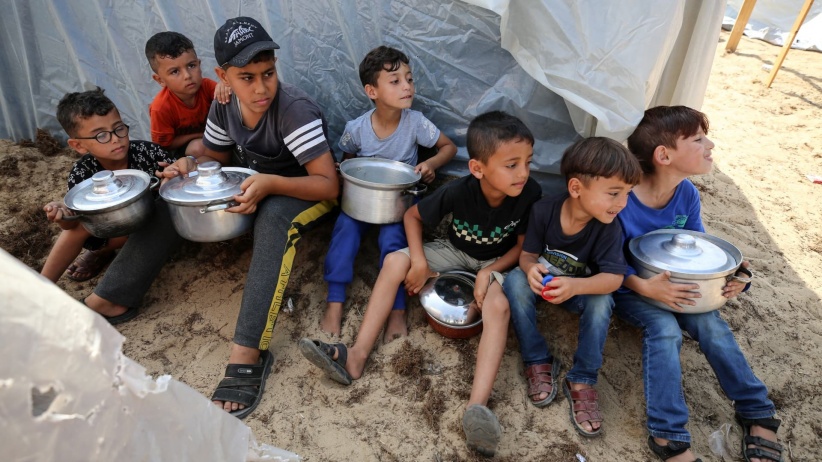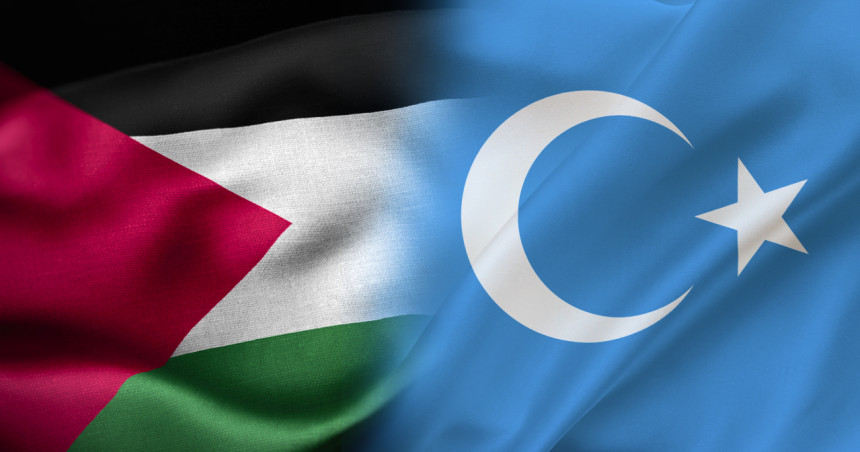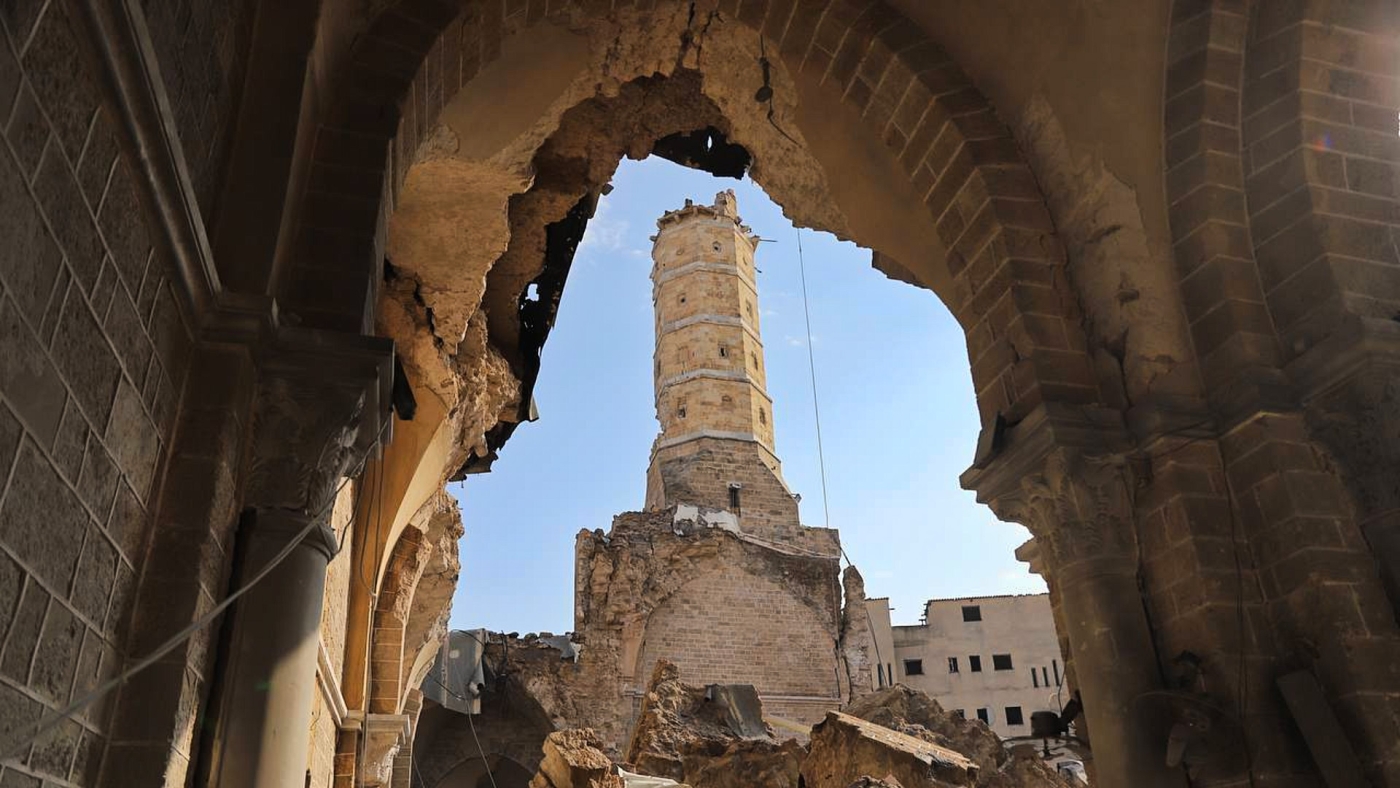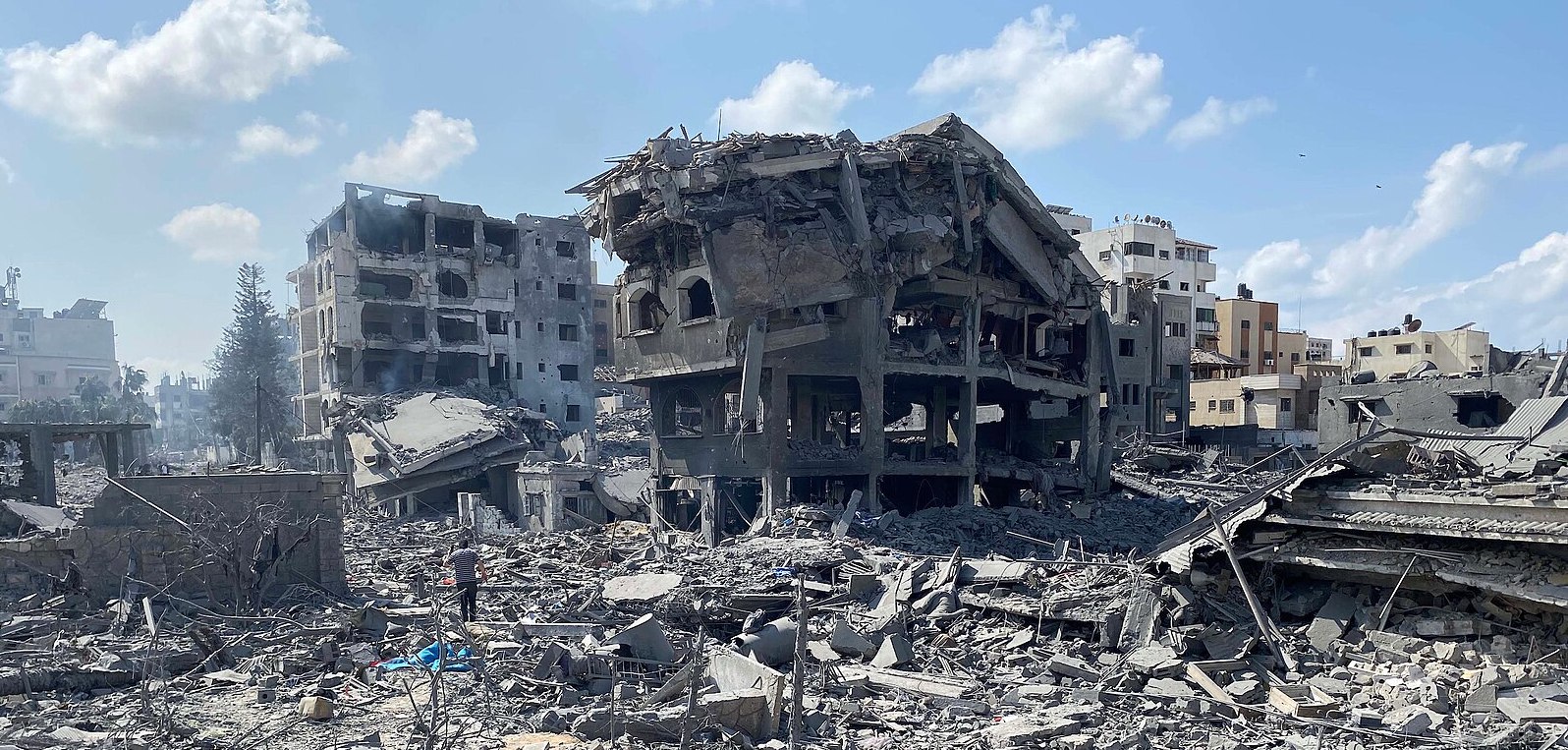
UN rights experts warn against arms exports to Israel
A statement released by the Office of the UN High Commissioner for Human Rights on behalf of United Nations rights experts warns countries against the transfer of war material to Israel, as such transfers could constitute violations of international humanitarian law if weapons are used contrary to the Geneva Conventions. Invoking the recent Word Court orders concerning Israel’s siege and bombardment of Gaza, the statement asserts that “states must accordingly refrain from transferring any weapon or ammunition—or parts for them—if it is expected, given the facts and past patterns of behaviour, that they would be used to violate international law.” (Photo: IDF via Flickr)










